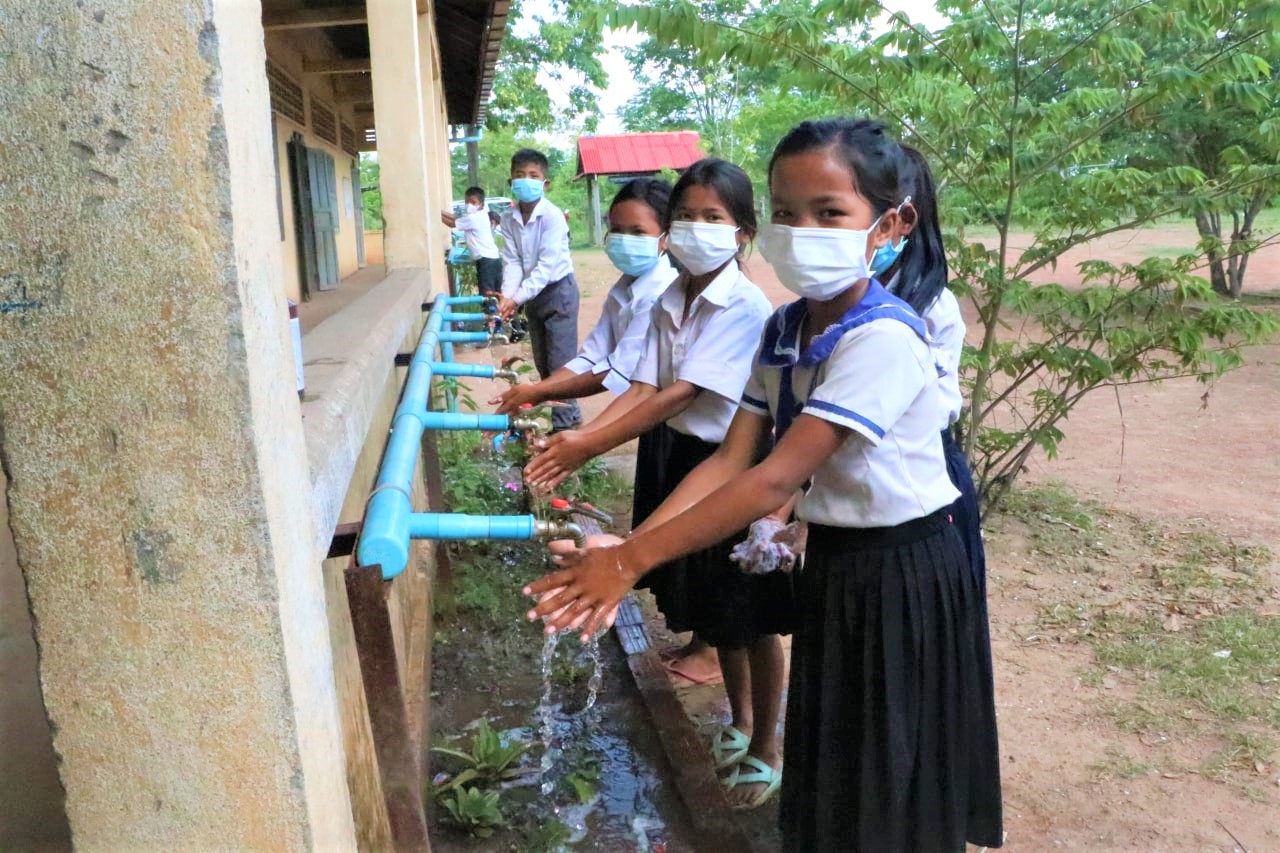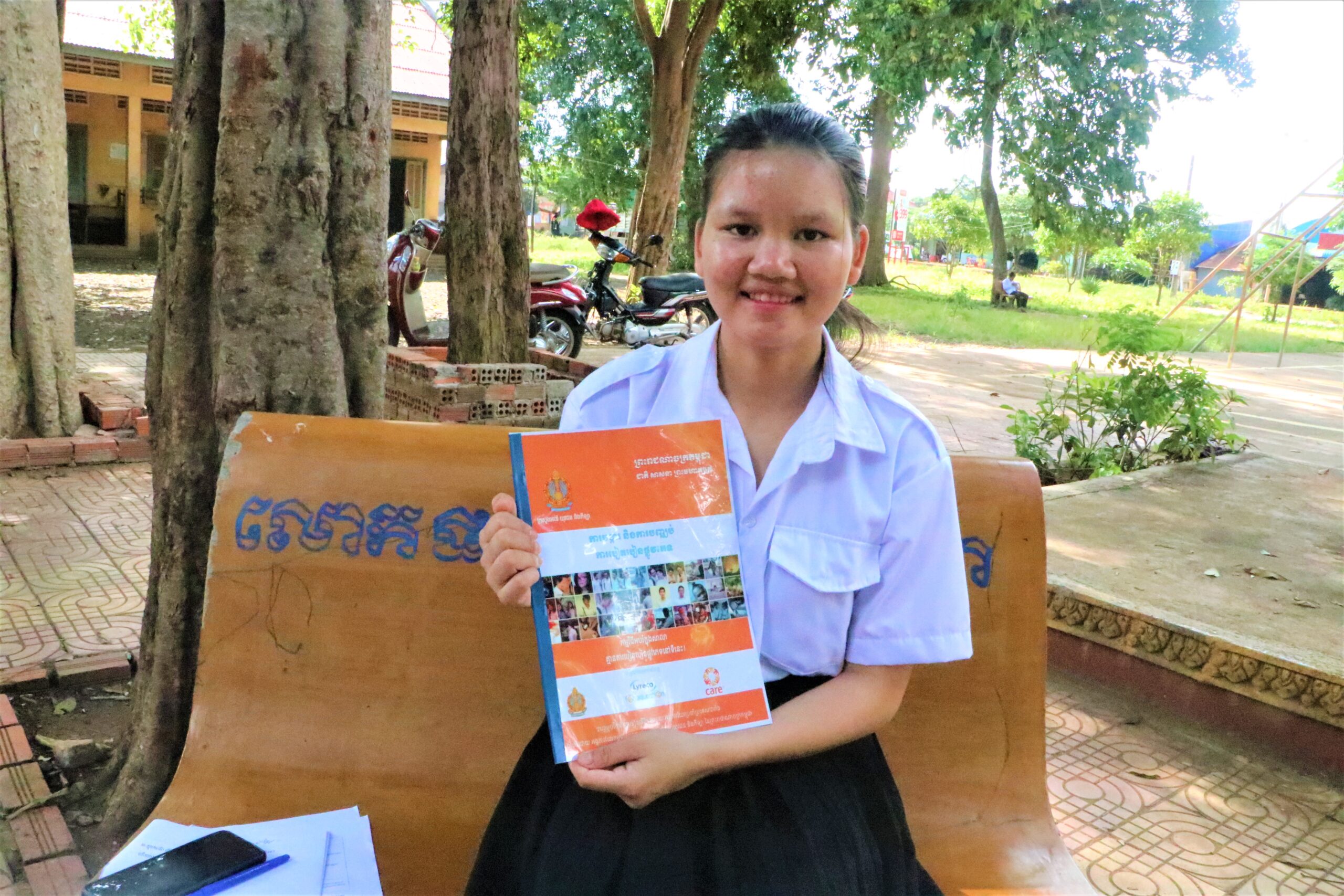Cambodia’s ethnic minority population has historically been marginalized from accessing services including health and education. There are 24 ethnic minority groups, the majority of which live in the north-east of Cambodia. CARE has worked extensively with communities to improve their access to services, construct and renovate school, buildings boarding houses and water, sanitation and hygiene facilitates. CARE has also worked to ensure families in villages are prioritizing girls’ education equally to boys.
The Ethnic Minority Education project has a clear mission to contribute to address the gaps of quality education in Cambodia. The project’s overall objective is to increase student enrolment and retention rates in primary and lower secondary schools by improving the quality of education, school conditions and inclusive child- friendly learning environments, particularly for ethnic minority girls.
It ensures that not only ethnic minority children are accessing relevant, inclusive and equitable quality education, but also are increasing their efficiencies in learning 21st century skills through appropriate use of technology, including—Science, Technology, Engineering and Mathematic and Information Communication Technology in Education. The project will empower ethnic minority women and girls by enabling healthy life options through improved water sanitation and hygiene as well as improved knowledge on sexual reproduction health and rights.
This aimed to narrow the gap between the ethnic minority population and Khmer population of Cambodia, though improving communication and life planning, as well as the social status of ethnic minority adolescents through positive changes at school level and social relations between males and females.
Objective
The Ethnic Minority Education Project aimed to increase student enrolment and retention rates in primary and lower secondary schools by improving the quality of education, school conditions and inclusive child- friendly learning environments, particularly for ethnic minority girls.
Key activities
Project activities include:
-
Construction of a boarding house and kitchens, equip solar panels as sources of energy
-
Construction and renovation of toilets, well incinerator and hand-washing facilities
-
Training of teachers on STEM, ICT in Education, sexual harassment, sexual reproductive health, gender based violence, WASH and life skills
-
Distribute science and technology equipment to schools
-
Girls, Boys and Youth clubs training
-
Develop 21st century skills and sexual reproductive health school curriculum
-
Conduct training for girls and boys youth clubs, as well as new methodologies for teachers on career counselling, sports enhancement, the role of child and youth counsellors, information communication technology and sexual reproductive health.
-
Provide sport training and materials to schools.


